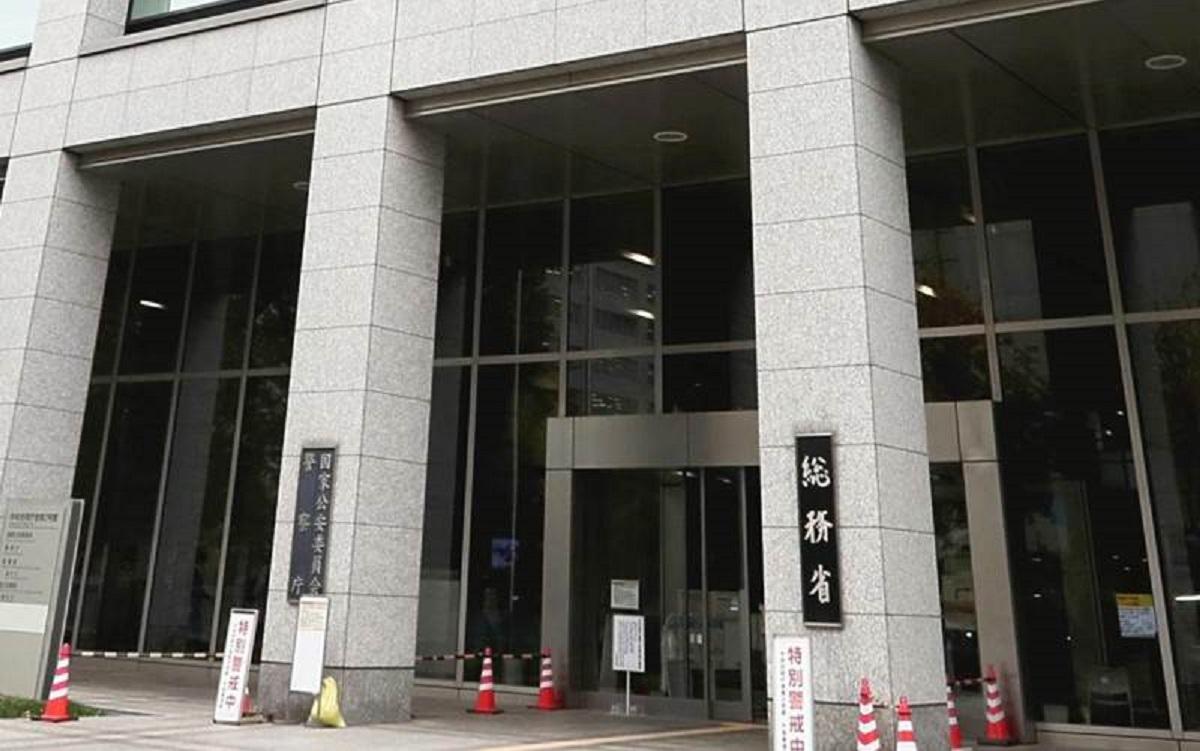
The Internal Affairs and Communications Ministry in Chiyoda Ward, Tokyo, in 2020
10:49 JST, December 20, 2024
TOKYO, Dec 20 (Reuters) – Japan’s core inflation accelerated in November as rising food and fuel costs hit households, data showed on Friday, keeping the central bank under pressure to raise interest rates.
The data, which came in the wake of the Bank of Japan’s decision to maintain interest rates at 0.25% on Thursday, highlights broadening inflationary pressure that could prod the bank to raise borrowing costs further.
Renewed yen declines could pressure prices higher by pushing up import costs. The BOJ’s decision to stand pat and Governor Kazuo Ueda’s dovish comments drove the dollar to a five-month high of 157.80 yen on Friday.
The nationwide core consumer price index (CPI), which includes oil products but excludes fresh food prices, rose 2.7% in November from a year earlier, government data showed, roughly in line with a median market forecast for a 2.6% gain.
It accelerated from a 2.3% rise in October due partly to stubbornly high prices of rice and the phase-out of government subsidies to curb utility bills.
“November’s surge in inflation wasn’t a surprise,” Capital Economics wrote in a research note. “The Bank of Japan will have known it was on the cards when it decided not to hike rates yesterday. But it should add to the Bank’s confidence that it can resume rate hikes over the months ahead,” it said.
A separate index that strips away the effects of volatile fresh food and fuel, scrutinized by the BOJ as a better gauge of demand-driven inflation, rose 2.4% in November from a year earlier after a 2.3% gain in October.
Service-sector inflation was steady at 1.5% in a sign firms continued to pass on rising labor costs, the data showed.
The BOJ ended negative interest rates in March and raised its short-term policy rate to 0.25% in July on the view Japan was on the cusp of durably achieving its 2% inflation target.
It has stressed the BOJ’s readiness to raise rates again if Japan continues to make progress in durably achieving its price target backed by domestic demand and sustained wage gains.
Ueda said on Thursday the BOJ needed more information to hike rates again, stressing the need for clarity on next year’s wage growth and incoming U.S. president Donald Trump’s economic policies.
“Given the (BOJ’s) assessment that import price rises are subsiding, it’s hard to expect the BOJ to hike rates in January,” said Naoya Hasegawa, chief bond strategist at Okasan Securities, who projects a hike in March. “Most market players likely viewed Ueda’s news conference as quite dovish,” he said.
Top Articles in Business
-

Prudential Life Insurance Plans to Fully Compensate for Damages Caused by Fraudulent Actions Without Waiting for Third-Party Committee Review
-

Narita Airport, Startup in Japan Demonstrate Machine to Compress Clothes for Tourists to Prevent People from Abandoning Suitcases
-

Japan, U.S. Name 3 Inaugural Investment Projects; Reached Agreement After Considerable Difficulty
-

Toyota Motor Group Firm to Sell Clean Energy Greenhouses for Strawberries
-

SoftBank Launches AI Service for Call Centers That Converts Harsh Customer Voices into Softer Voices
JN ACCESS RANKING
-

Japan PM Takaichi’s Cabinet Resigns en Masse
-

Japan Institute to Use Domestic Commercial Optical Lattice Clock to Set Japan Standard Time
-

Israeli Ambassador to Japan Speaks about Japan’s Role in the Reconstruction of Gaza
-

Man Infected with Measles Reportedly Dined at Restaurant in Tokyo Station
-

Videos Plagiarized, Reposted with False Subtitles Claiming ‘Ryukyu Belongs to China’; Anti-China False Information Also Posted in Japan






















